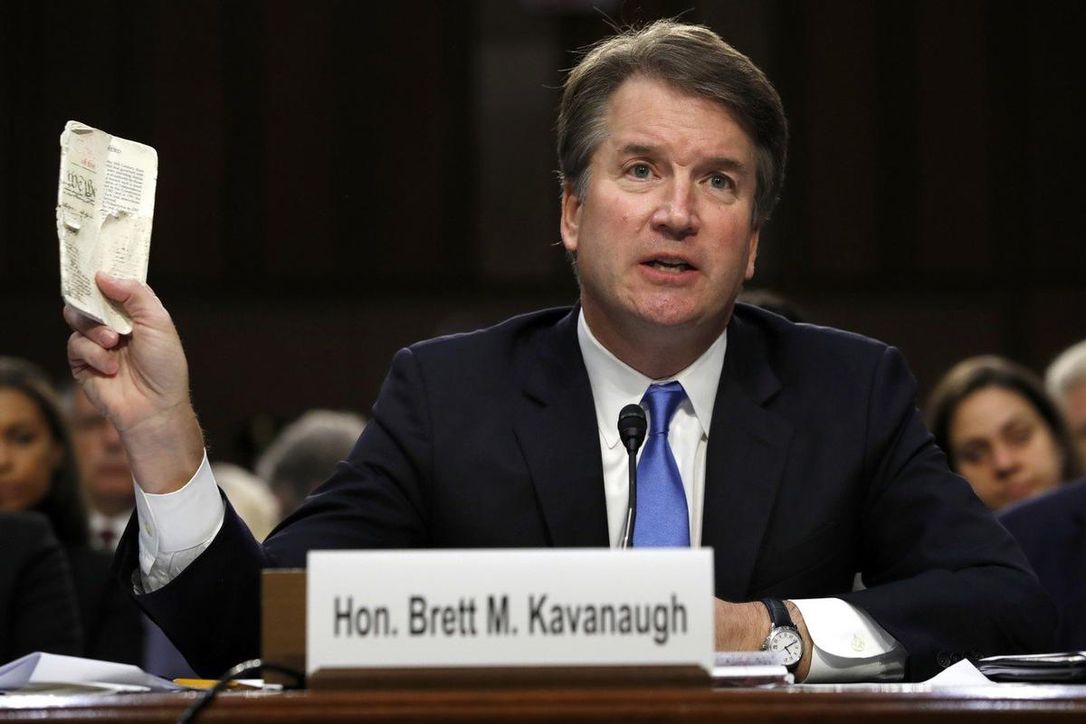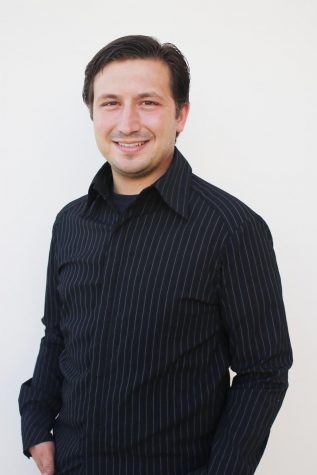On Sept. 13, Sen. Dianne Feinstein forwarded a secret letter to the FBI, claiming it concerned Supreme Court nominee Brett Kavanaugh. Despite the ambiguity of the letter, it has been argued as an attempt to smear Kavanaugh.
HOW THE STORY WAS RELEASED
Last Wednesday, The Intercept claimed that Feinstein was withholding a document from other Democrats on the Senate Judiciary Committee. Though the letter took a circuitous route, the sources seemed to agree that it involved Kavanaugh and a woman while they were in high school. The New York Times soon followed up, confirming the FBI was referred to the letter by Feinstein and that the letter was related to Kavanaugh’s background.
On the following day, when Feinstein was pressed for the letter’s contents, she responded in a statement:
“I have received information from an individual concerning the nomination of Brett Kavanaugh to the Supreme Court. That individual strongly requested confidentiality, declined to come forward or press the matter further, and I have honored that decision. I have, however, referred the matter to federal investigative authorities.”
Yesterday, the author of the secret letter spoke out, conducting an interview with the Washington Post. CNN also released a redacted version of the letter, written in July 2018.
FORD’S CLAIMS
According to The Washington Post’s interview, these are Christine Blasey Ford’s claims:
- Her sexual assault happened one summer during the early 1980s in Montgomery County, Maryland.
- Kavanaugh and a friend “both stumbling drunk” took Ford into a bedroom, and there, Kavanaugh “pinned her to a bed on her back and groped her over her clothes, grinding his body against hers and clumsily attempting to pull off her one-piece bathing suit and the clothing she wore over it.”
- She escaped when another man jumped on top of them, sending them tumbling.
- She “told no one of the incident in any detail until 2012, when she was in couples therapy with her husband.”
Therapist notes indicated that four boys were involved, though Ford now claims that was an error on the therapist’s part. Instead of four boys in the room, there were only two.
The accusations have been denied by Kavanaugh.
WHY ARE THE FACTS QUESTIONABLE?
The claims are questionable for several reasons.
First, no specific dates of the event are ever provided. What has been provided is “a summer in the early 1980’s.” This denies Kavanaugh an opportunity to provide a counter-response. If he was out of town that week, Ford could simply reply, “Well, apparently it didn’t happen that week.” There is neither a way to confirm or test Ford’s claim nor a way to confirm Kavanaugh’s whereabouts.
Second, the accusation cannot be corroborated. No one in the room confirms her argument and she told no one until much later. As the evidence stands, it is her words against theirs. There are no other witnesses, and she informed no one after the event.
And third, the event happened around three decades ago. Without any corroboration and no further evidence except Ford’s personal memories, we have reason to doubt that the memories are as clear as she recalls. As Scientific American writes, “Eyewitness testimony is fickle and, all to often, shockingly inaccurate.” If all we have is her memory, and no one else, there are good reasons to doubt this case could ever be substantiated.
PROBLEMS WITH THE ENTIRE DEBATE
The difficulty facing Ford’s accusation against Kavanaugh runs deeply along two debates.
In the first debate, the question amounts to tension between ensuring morally outstanding citizens are nominated to the highest offices of the United States’ government and deep concerns against the rocky past of sexual assault claims that can resort to irresponsible and abusive mob justice. How do you take accusations seriously when there is an abusive history? No one hears the boy who cried wolf.
The second debate surrounds the legitimacy and severity of Ford’s claims, in light of how Feinstein handled the case. If this is a serious and easily substantiated, then why has it taken two months for the letter to be forwarded to the FBI? Why did Feinstein withhold that letter from other Democrats? Why wait until the final hours of Kavanaugh’s hearing to send it to the FBI?
Despite the troubles facing this case, this is not to say that Ford is fabricating claims or that Kavanaugh is innocent. This is to say that no one knows what happened—the only people who could have known deny it, and the only other piece of evidence we have is her memory.
The evidence we currently possess indicates this is a last ditch and undignified attempt by the Democratic party to smear the Supreme Court nominee.












